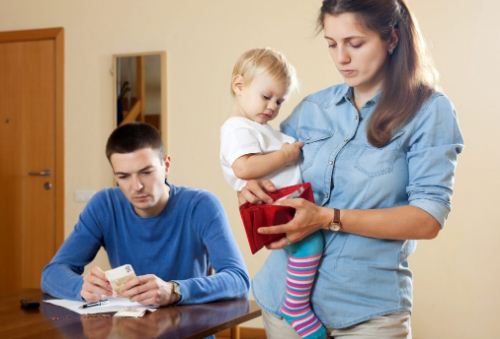It is important to maintain and protect your financial wellbeing. As we continue to emerge from the Covid-19 lockdown, the high degree of change to our way of life and the way things used to be will pose a challenge for each of us. This includes changes in the operation of transport systems, the hospitality sector and even schooling.
Additionally, when it comes to our personal finances, we all need to think beyond the immediacy of simply getting back to work and reflect on how we plan for the future.
The sudden and sharp onset of Covid-19 has reinforced one important point; there nothing is more permanent than change and life can be unpredictable. This is why it is so important to plan for the unexpected. The following are some essential considerations to build financial resilience and protect your financial wellbeing.
- Build and maintain your emergency fund to protect your long-term financial wellbeing. During the Covid-19 lockdown, while it may have been a challenge to actually spend money, as the lockdown eases, it is important to keep spending in perspective. You should set aside your emergency fund and protect it from any temptation to spend it. Also, as a general rule of thumb, your emergency fund should be sufficient to cover at least 3 – 6 months of living expenses so plan accordingly.
- Prepare for end of payment breaks. For everyone that may have availed of loan payment break at the onset of Covid-19, it is important to plan for a resumption of regular payments over the coming months. For some people, this may have been a payment break on a mortgage, for others, it may have been on a personal loan and for some, it may have been a payment break on a PCP… or it may be a combination of several loans. A resumption of full payments may present a financial challenge to some people so they need to factor this into their household budgets.
- Keep taxes current. There may be some people that have not fully considered the tax implications of receiving Covid-19 payments. If not, they should ask themselves if they could have a tax liability and it so, if they have the funds to settle any amounts owed to the Revenue Commissioners.
- Keep your finances under review and visible. Central to personal financial wellbeing is budgeting and keeping one’s financial situation stable. At a minimum, it is recommended to review your financial situation once per year and more regularly during turbulent times. For example, some people may find that after various Covid-19 loan payment breaks end, they find it difficult to make full monthly repayments. In such situations, they may need to engage with their lender further, especially if it transpires they require additional financial solutions, including extending some form of partial repayments. The most effective way of doing so is by having an up-to-date record of their income and expenses. In addition to providing lenders with an accurate overview of one’s financial situation, it is also an incredibly efficient means looking for possible savings across all spending.
Covid-19 has challenged much of what we may have taken for granted but it has not broken us. What would be unfortunate is if we failed to learn from the experience. In order that you are always preparing for the unexpected, think about how you would cope with a future loss of income, a sudden illness or other life events that may arise. Doing so can help you prepare, build resilience and plan to protect your financial wellbeing.
You can also use the extensive budgeting resources within this website to help you along the way.
Frank Conway is a Qualified Financial Adviser and Founder of MoneyWhizz.org


Comments are closed.